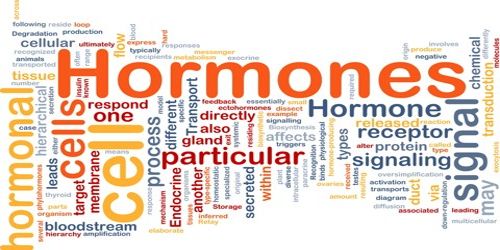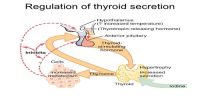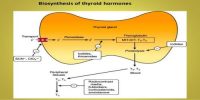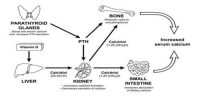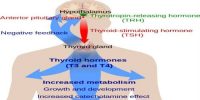A hormone is a chemical substance that is secreted into the internal body fluid by one cell or group of cells and exerts a physiological control effect on other cells of the body. They travel in your bloodstream to tissues or organs. Hormones are used to commune between organs and tissues for physiological parameter and behavioral activities, such as digestion, metabolism, respiration, tissue function, sensory observation, sleep, excretion, lactation, stress, growth and growth, movement, reproduction, and temper. It affects our body’s functions, from growth and sexual development and mood to how well we sleep, how we manage stress, and how our body breaks down food. It is vital for every movement of life, as well as the processes of digestion, metabolism, growth, reproduction, and mood control.
Local Hormones of the Gastrointestinal tract (GIT)
- Gastrin,
- Secretin,
- Cholecystokinin,
- Pancreozymin,
- Gastric inhibitory peptide (GIP),
- Vaso-active intestinal peptide (VIP),
- Enterogastrone,
- Enterocrinin,
- Motiliner,
- Bombesin,
- Somatostatin,
- Serotonin,
- Neurotensin.
Hormones are secreted by the endocrine glands in the body. The glands are ductless, so hormones are secreted straight into the bloodstream rather than by way of ducts.
